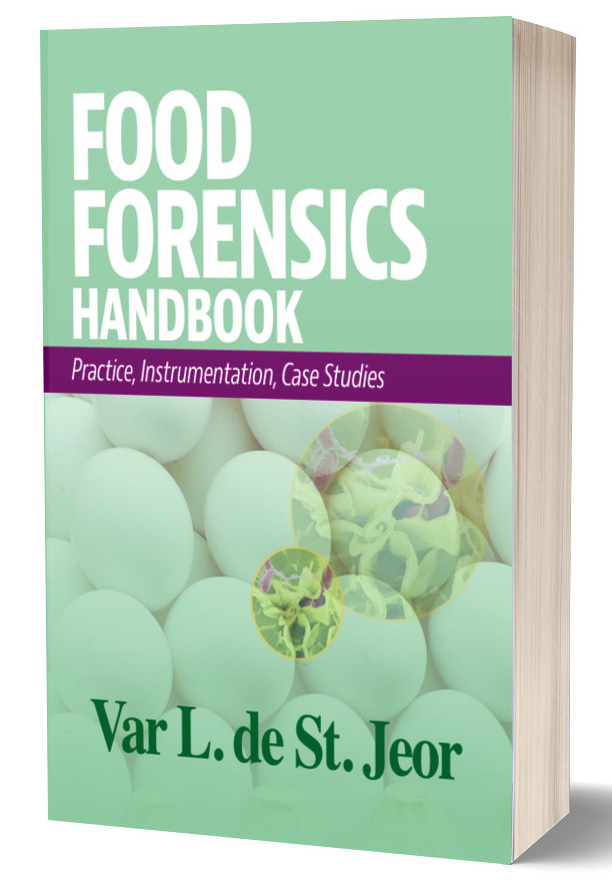Nonpathogenic Listeria Strains Developing Concerning Characteristics, Study Finds

Credit: NCI via Unsplash
Using whole genome sequencing (WGS), researchers from the University of Johannesburg have identified a trend of nonpathogenic Listeria strains developing concerning characteristics, such as virulence and stress tolerance. Like the pathogenic L. monocytogenes, the “harmless” strains L. innocua and L. welshimeri are common to food processing facilities.
For the study, the researchers acquired L. innocua and L. welshimeri strains from raw, dried, and processed meats at commercial food processing plants across South Africa. Although the present study was conducted in one country, the authors state that their findings confirm other research demonstrating growing resistance traits in Listeria species around the world.
Specifically, the University of Johannesburg researchers found that L. innocua strains are developing tolerance to temperature, pH, dehydration and other stresses that can be used against the pathogen. Some strains of L. innocua and L. welshimeri displayed genes that indicate resistance to Benzalkonium chloride (BC), a widely used quaternary ammonium compound (QUAT) disinfectant.
Additionally, L. innocua was observed to have hypervirulence traits—the complete LIPI-4 gene sequence—genetically identical to that of L. monocytogenes. The LIPI-4 gene sequence can cause illness in humans.
Two strains of L. innocua have also developed three or more concerning pathogenic characteristics, including immune systems that are adaptive to CRISPR-CAS. CRISPR-CAS systems degrade foreign genetic elements.
The samples and isolates analyzed in the present study were collected from 2014–2019 by the South African Department of Agriculture, Land Reform, and Rural Development (DALRRD). In total, 258 isolates from butcheries, abattoirs, retail outlets, cold stores, and processing South Africa were studied. The isolates came from beef, chicken, and pork meats that were raw and whole, raw and processed, dried, and processed and cooked. Out of all 258 isolates, 38 were found to be nonpathogenic L. Innocua, and another three isolates found to be nonpathogenic L. welshimeri.
According to the researchers, although L. innocua rarely causes human cases of listeriosis, it can sicken those with compromised immune systems. Regardless, the authors of the study express concern over the number of harmful characteristics that the L. innocua strains share with L. monocytogenes. The researchers believe the present research can help predict which sequence types to keep an eye on.
The study’s authors believe industry should begin looking for L. innocua due to its growing resistance to common disinfectants. They also ask industry to consider testing how efficiently BC or QUAT disinfectant are working in their facility, as well as varying the types of disinfectants used to slow resistance.
Looking for a reprint of this article?
From high-res PDFs to custom plaques, order your copy today!







